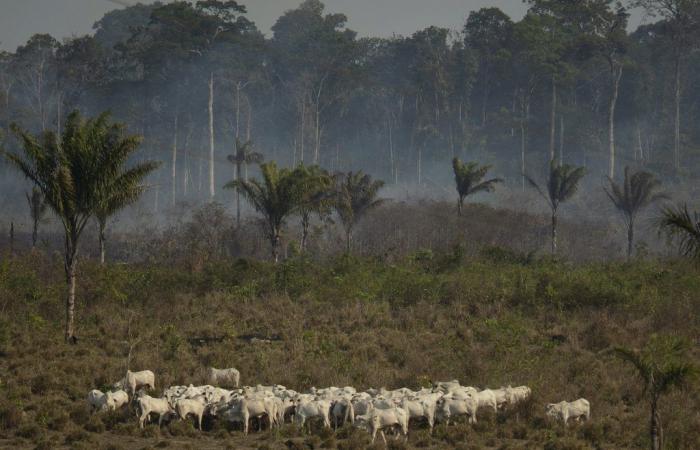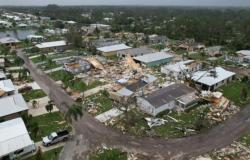Nature is disappearing at high speed. Living Planet Reportof WWF International, broadcast this Thursday, contains data which should ring out like an alarm siren. Over the last fifty years (1970-2020), the average size of wild animal populations monitored as part of an LPI index (for Living Planet Index) has decreased by 73%!
Of course, this does not mean that three-quarters of species are extinct, but it does mean that the average size of these vertebrate animal populations has been reduced by the same amount. In terms of biodiversity, this decline is catastrophic. This report will be at the heart of the discussions at COP 16 on biodiversity which is meeting in Cali, Colombia, from October 21. The commitments made two years ago by the international community during COP 15 in Montreal did not make it possible to stop this erosion: the decline measured by this IPV index was then 69%.
When we go into the details of the document, we see that the situation is deteriorating more quickly in Latin America and the Caribbean, where the decline is 95%. But it is also because, in Europe or North America, the decline took place previously. The report also shows that a certain number of so-called “tipping points” are getting dangerously close. The disappearance of coral reefs or the destruction of the Amazon forest, for example.
Among the avenues mentioned to face this challenge, the transformation of our food system. This is too meaty and represents one of the main drivers of the decline of nature. Thus, deforestation in the Amazon to produce soy is intended to feed livestock, not humans directly, as proclaimed by ill-intentioned climate deniers who accuse “tofu eaters” of being responsible for deforestation. And who scream wokism every time an administration tries, for example, to green up the meal of a canteen or the menu of an August 1st not exclusively dedicated to sausage.
Because the challenge is huge. The authors of the report give some figures: private financing and other tax advantages or subsidies which contribute to the problem are estimated at 7 trillion dollars; financial flows aimed at sustainability only amount to 200 billion. If catastrophe is to be avoided, these trends will have to be reversed. Who said systemic change?






